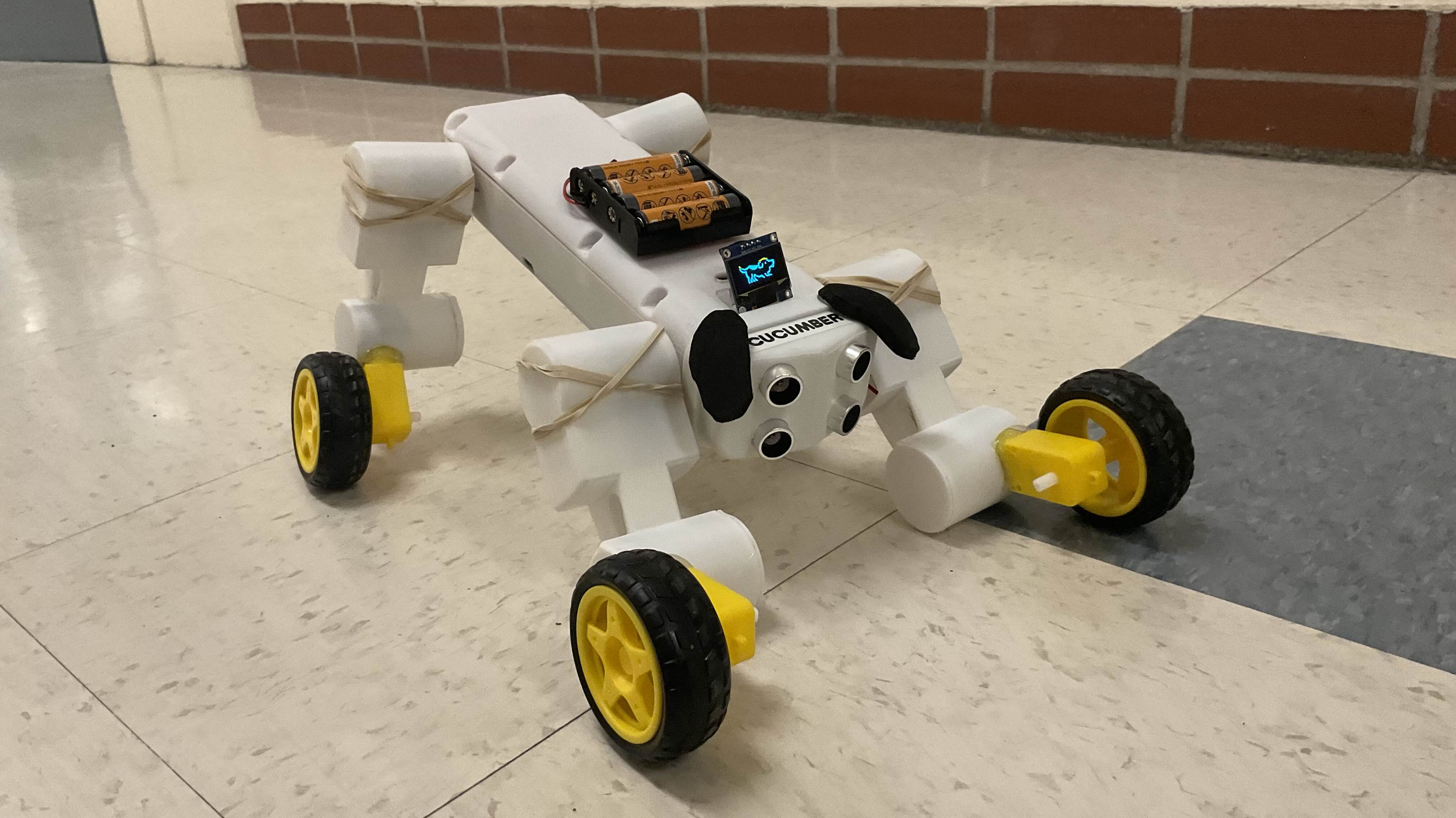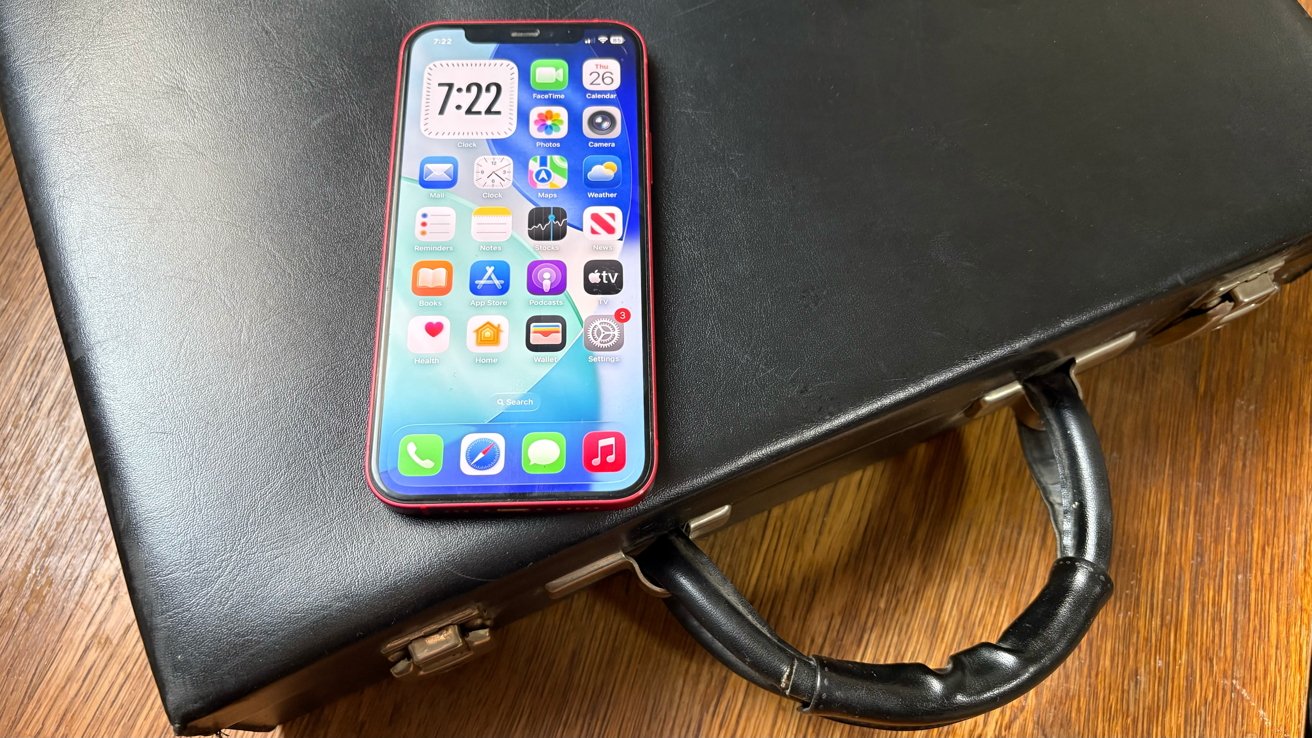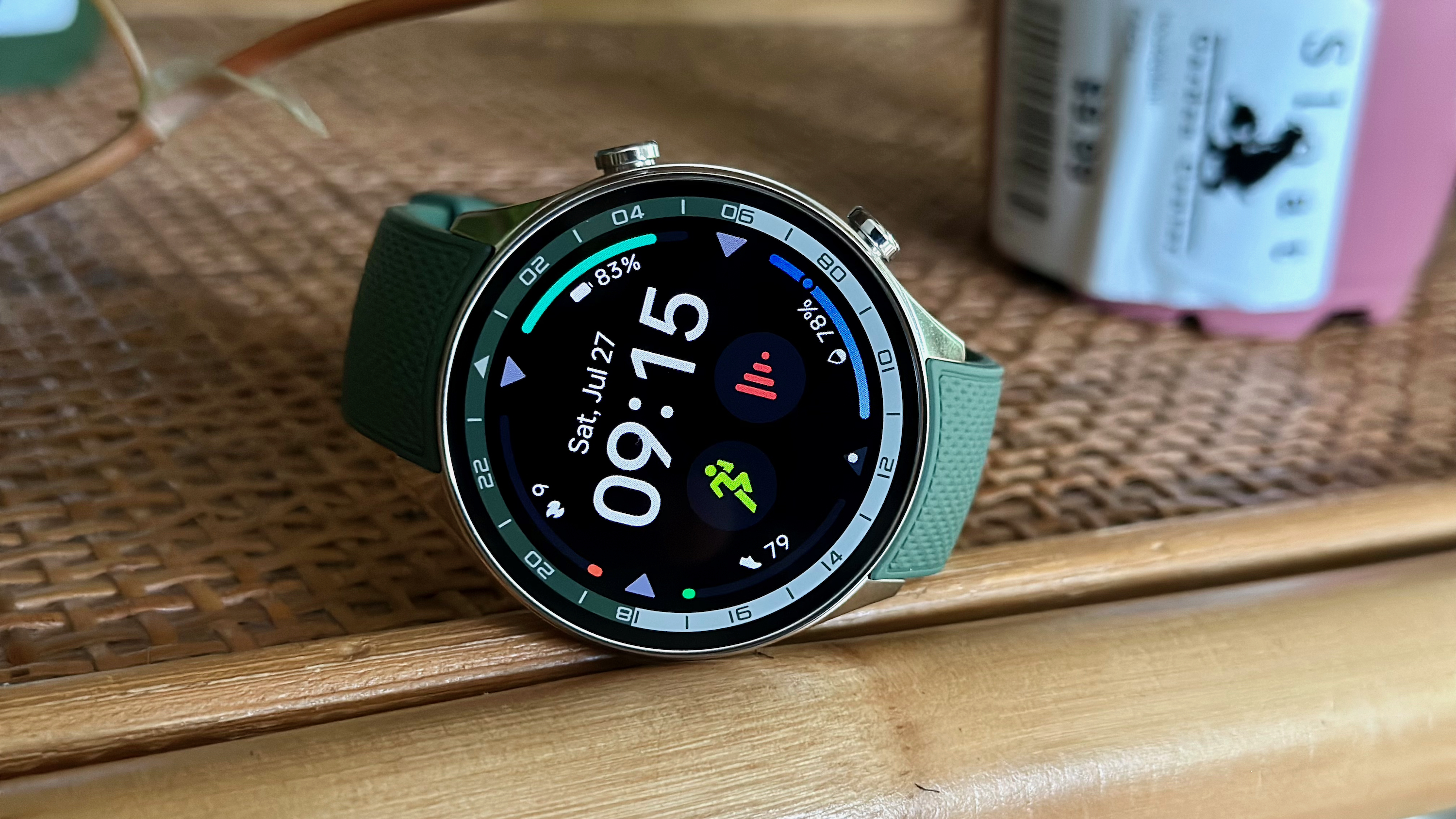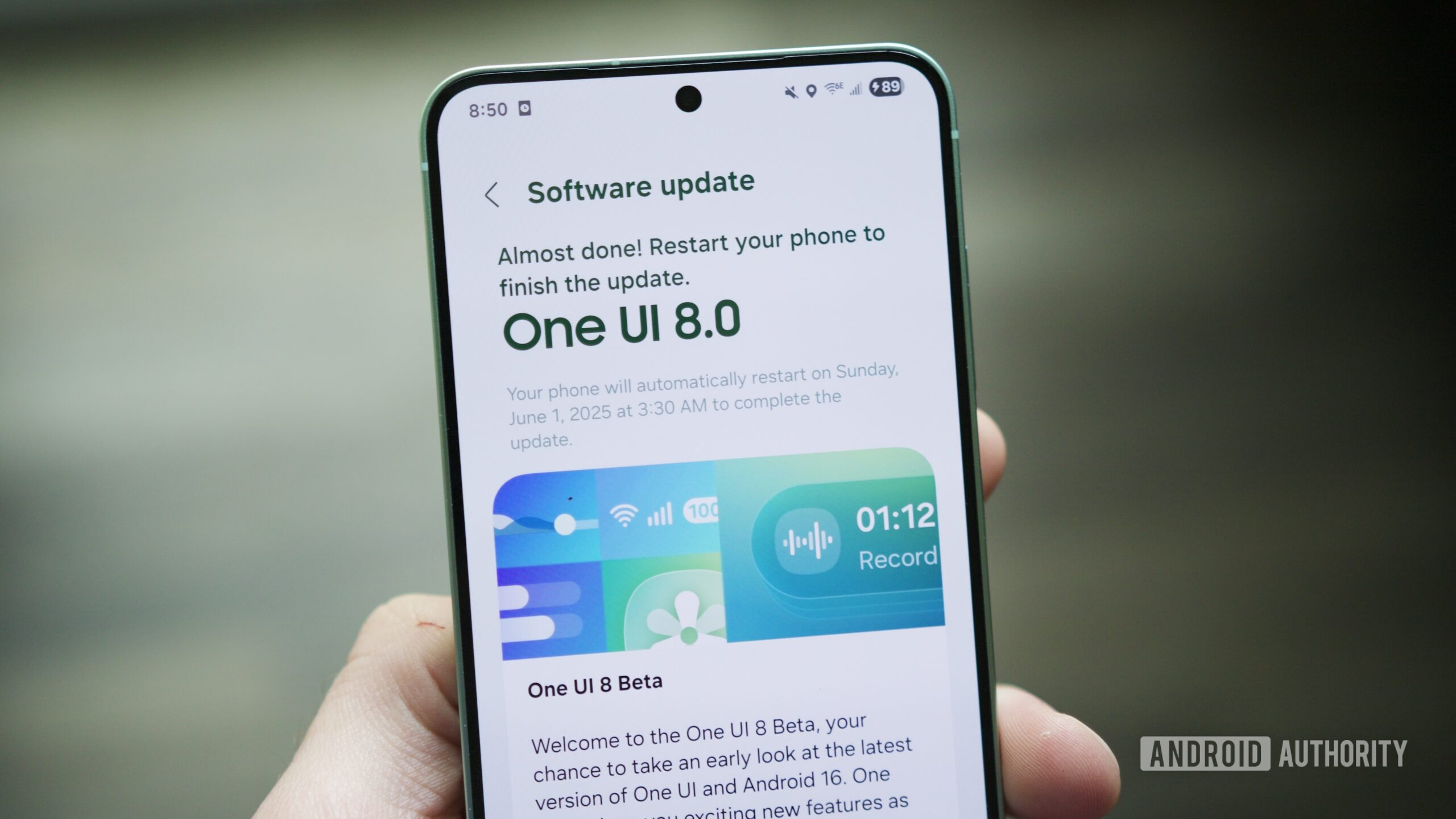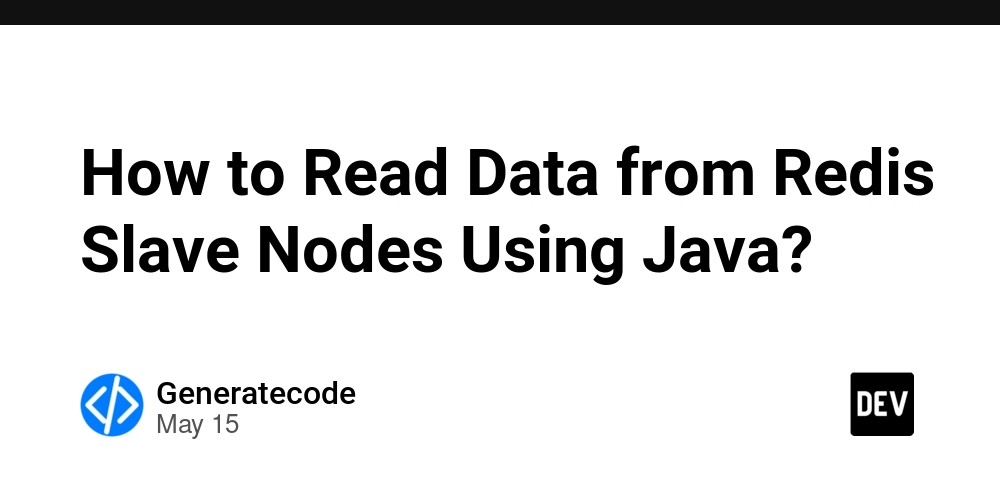Laravel Observer: Its Superpowers in Event Structuring
What is a Laravel Observer? Observers in Laravel are used to listen for specific events on Eloquent models, such as creating, updating, and deleting records. The main advantage of using them is the ability to delegate the data handling logic to a dedicated class, keeping controllers and models leaner. Imagine you need to perform an action every time a user is created. Instead of writing that logic directly in the controller or the model, you can use an Observer to ensure that the logic is isolated and easier to test. How to Create an Observer? Creating an Observer in Laravel is very simple. Let's take a look at a basic example of an Observer for a User model: php artisan make:observer UserObserver --model=User Register The Observer Open the App\Providers\EventServiceProvider file and register the observer: public function boot() { parent::boot(); User::observe(UserObserver::class); } Defining Event Methods In the Observer, you can define methods that will be executed on specific events: class UserObserver { public function created(User $user) { // Logic to be executed when a user is created // Here you can send an email } public function updated(User $user) { // Logic to be executed when a user is updated // Here you can send an email } } Precautions When Using Observers While Observers are powerful, there are some precautions you should take: Avoid Heavy Logic: Do not overload Observers with heavy or complex logic, as they are executed automatically after the database operation. This can impact the application's performance. Avoid External Dependencies: When using Observers, it is important not to add dependencies that may cause coupling issues. Avoid calling other services or manipulating external data directly from an Observer. Testability: Although Observers help keep the code organized, it is essential to write tests to ensure that the events are triggered correctly. Data Consistency: Be cautious when altering the state of a model within an Observer, as this could cause update loops or inconsistencies in the database. Avoid Unintended Side Effects: Ensure that the logic inside the Observer does not change states in unpredictable ways, especially on events like updating and saved. Superpowers of the Laravel Observer Centralized Logic: Instead of spreading event logic across multiple places, Observers centralize everything in one location, keeping the code organized. Decoupling: With the Observer, you can keep models and controllers lighter and free from extra responsibilities. The event logic stays encapsulated in the Observer. Easier Testing: Centralizing the logic in an Observer makes the code easier to test, allowing you to write unit tests specifically for each event. Integration with Laravel Events: Laravel provides a wide range of events that can be used to add custom logic in response to changes in models. Performance: The Observer can be combined with caching and other mechanisms to ensure the application remains efficient, even with complex events. Conclusion Observers in Laravel are a powerful tool for structuring event logic in a clean and organized way. They help create robust, scalable, and maintainable code, while ensuring that your models' behavior is easily extendable. With the right precautions, such as avoiding complex logic and ensuring testability, you can make the most of this tool to keep your code clean and efficient.

What is a Laravel Observer?
Observers in Laravel are used to listen for specific events on Eloquent models, such as creating, updating, and deleting records. The main advantage of using them is the ability to delegate the data handling logic to a dedicated class, keeping controllers and models leaner.
Imagine you need to perform an action every time a user is created. Instead of writing that logic directly in the controller or the model, you can use an Observer to ensure that the logic is isolated and easier to test.
How to Create an Observer?
Creating an Observer in Laravel is very simple. Let's take a look at a basic example of an Observer for a User model:
php artisan make:observer UserObserver --model=User
Register The Observer
Open the App\Providers\EventServiceProvider file and register the observer:
public function boot()
{
parent::boot();
User::observe(UserObserver::class);
}
Defining Event Methods
In the Observer, you can define methods that will be executed on specific events:
class UserObserver
{
public function created(User $user)
{
// Logic to be executed when a user is created
// Here you can send an email
}
public function updated(User $user)
{
// Logic to be executed when a user is updated
// Here you can send an email
}
}
Precautions When Using Observers
While Observers are powerful, there are some precautions you should take:
Avoid Heavy Logic: Do not overload Observers with heavy or complex logic, as they are executed automatically after the database operation. This can impact the application's performance.
Avoid External Dependencies: When using Observers, it is important not to add dependencies that may cause coupling issues. Avoid calling other services or manipulating external data directly from an Observer.
Testability: Although Observers help keep the code organized, it is essential to write tests to ensure that the events are triggered correctly.
Data Consistency: Be cautious when altering the state of a model within an Observer, as this could cause update loops or inconsistencies in the database.
Avoid Unintended Side Effects: Ensure that the logic inside the Observer does not change states in unpredictable ways, especially on events like updating and saved.
Superpowers of the Laravel Observer
Centralized Logic: Instead of spreading event logic across multiple places, Observers centralize everything in one location, keeping the code organized.
Decoupling: With the Observer, you can keep models and controllers lighter and free from extra responsibilities. The event logic stays encapsulated in the Observer.
Easier Testing: Centralizing the logic in an Observer makes the code easier to test, allowing you to write unit tests specifically for each event.
Integration with Laravel Events: Laravel provides a wide range of events that can be used to add custom logic in response to changes in models.
Performance: The Observer can be combined with caching and other mechanisms to ensure the application remains efficient, even with complex events.
Conclusion
Observers in Laravel are a powerful tool for structuring event logic in a clean and organized way. They help create robust, scalable, and maintainable code, while ensuring that your models' behavior is easily extendable.
With the right precautions, such as avoiding complex logic and ensuring testability, you can make the most of this tool to keep your code clean and efficient.














































































































































































![[The AI Show Episode 156]: AI Answers - Data Privacy, AI Roadmaps, Regulated Industries, Selling AI to the C-Suite & Change Management](https://www.marketingaiinstitute.com/hubfs/ep%20156%20cover.png)
![[The AI Show Episode 155]: The New Jobs AI Will Create, Amazon CEO: AI Will Cut Jobs, Your Brain on ChatGPT, Possible OpenAI-Microsoft Breakup & Veo 3 IP Issues](https://www.marketingaiinstitute.com/hubfs/ep%20155%20cover.png)

























































































































































































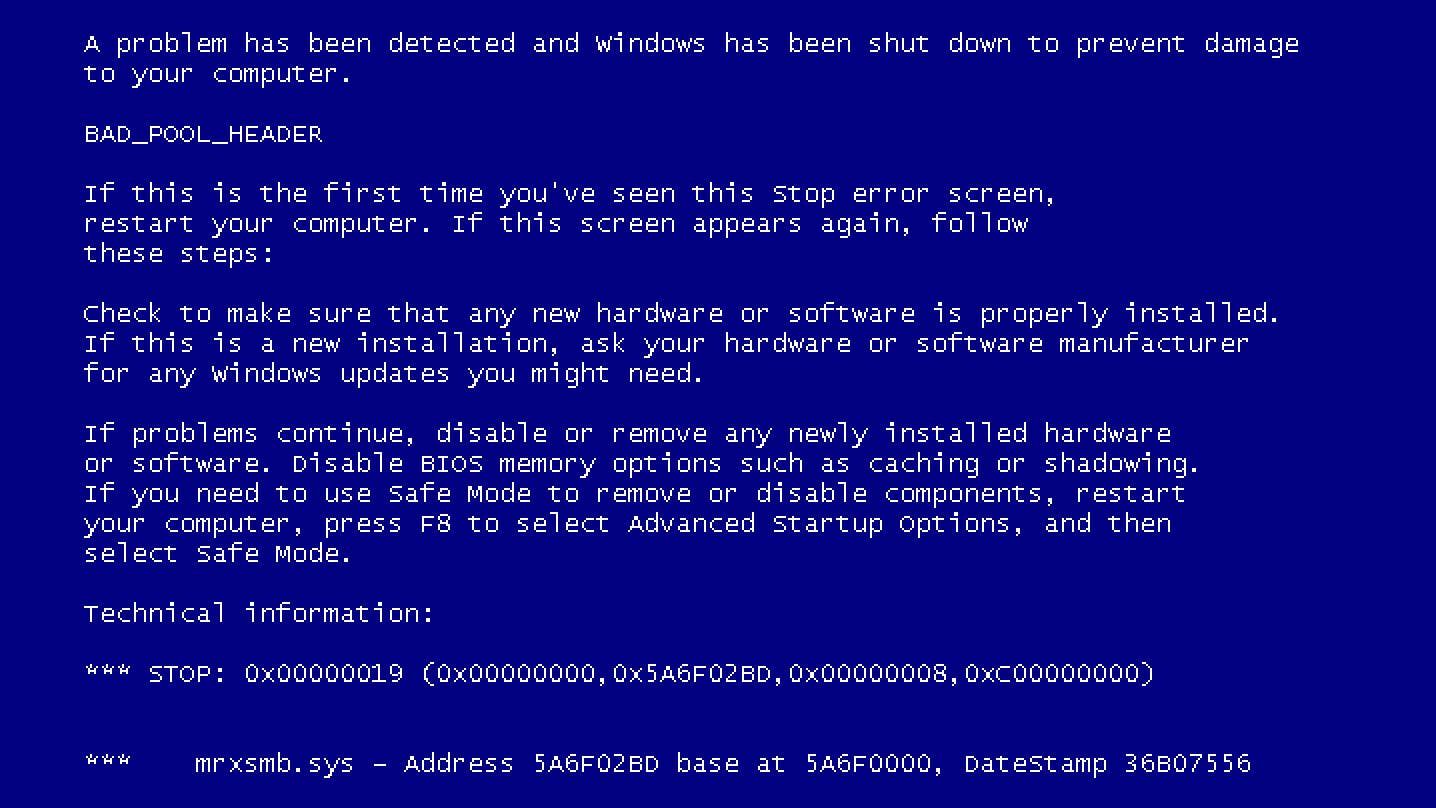


















































.jpg?width=1920&height=1920&fit=bounds&quality=70&format=jpg&auto=webp#)

























_Michael_Burrell_Alamy.jpg?width=1280&auto=webp&quality=80&disable=upscale#)

























































